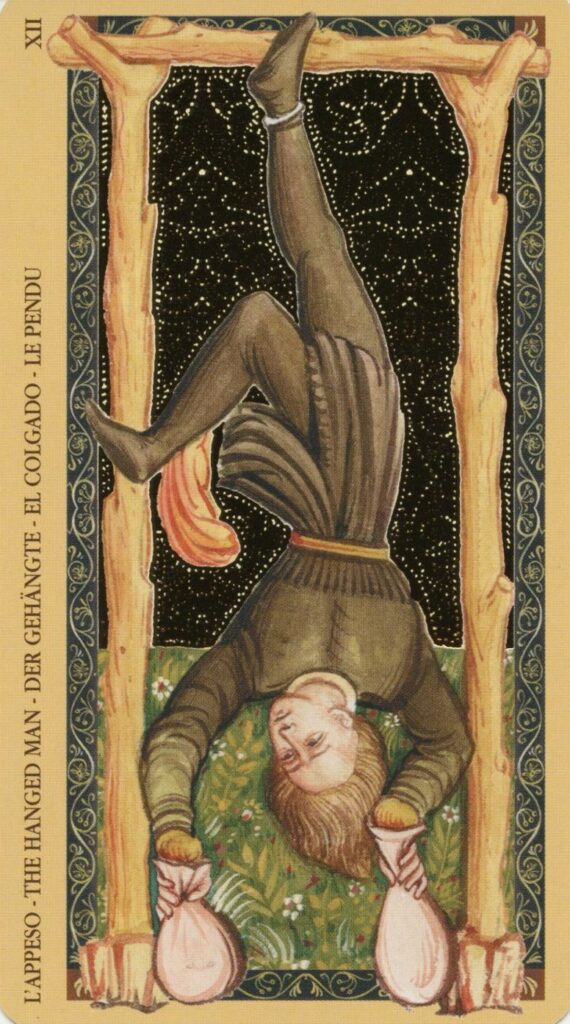There is a reason why the real clubs, the sanctified ones, the sweat-soaked crypts of transformation, have no mirrors. And it is not about vanity, or keeping people from fixing their eyeliner. It is because the mirror is the Eye of the False God. It reflects what should not matter in there: your face, your stance, your echo of selfhood. The mirror belongs to the realm before the ritual begins, to the threshold you cross and leave behind. To hang one on the wall would be to pin the moth before it flies into flame.
The mirror is a trapdoor disguised as a surface. It is the polished steel of Narcissus, the shield of Perseus. It blinds by reflecting. It shows you to yourself and, in doing so, interrupts the dissolution. The club, when it is real, is not a stage, but a womb. Dark, reverberant, timeless. It is an alchemical furnace, where form is meant to liquefy, where the mask slips not because you take it off, but because it melts. The mirror, by its very nature, arrests that process. It freezes the melt. And, if the mask does not fall, the rite aborts.
In astrology and ritual cosmology, mirrors are solar relics. They require light to function, and light is knowledge, ego, identity, differentiation. But the club, in its highest form, is lunar. It is the shadow-realm, the kingdom of flux and forgetting. It does not want to see you. It wants to unmake you. That is why the best clubs are blind: no windows, no clocks, no mirrors. Time and reflection dissolve. What remains is movement, pulse, friction. Eros without face.
Think of it mythically: Orpheus was told not to look back. Lot’s wife turned to salt when she turned her head. Mirrors, like backward glances, kill momentum. And, in the sacred mechanics of the rave, momentum is Spirit. To dance, you must not remember. To reach trance, you must be unreachable, even to yourself.
The mirror says: you are here.
The club says: you are gone.
And what of the mirror’s ancient powers? Let’s not forget: in folklore, mirrors trap souls. That is why we cover them after death. That is why they are used in scrying, not to see, but to pierce. The mirror is liminal, yes, but dangerous. Too much self-awareness during the rite can derail the whole ascent. That is why some doors must stay shut. That is why the club keeps the mirrors outside. Or behind locked toilet stalls. Or warped to the point of abstraction, like portals misaligned.
Even architecture conspires. Notice how the best clubs never put you face-to-face with yourself. Corridors bend. Lights flicker. Walls breathe. The path is never straight, never mirrored. Because this is not a shopping mall; it is the labyrinth. And you are not there to shop. You are there to die, and be reborn in sound No reflections. Only rhythm.
And, when the dance is finished, when the ritual dissolves and you emerge back onto the wet concrete of the outside world, blinking and broken and full of stars, that is when the mirror returns. In the tram window. In a café toilet. In the eyes of someone who did not dance. And that is when you remember: Oh. I had a name once.

A Short, Mirrored Tale
Benedict Valen walked into that house by mistake. Or perhaps not. It was one of those nights when the city seemed caught between the river’s mist and the smoke of restless bodies. Inside, the music was heavy, almost mineral, for those who danced with their skeletons, not with their feet. The lights were so scarce that faces disappeared every time one looked away. At some point, already lost in the heart of the place, Benedict found himself in a forgotten bathroom, at the end of a corridor twisted like the guts of the building. And there, leaning against the wall, was a mirror. A single one. Whole, but with a faint ripple at its center, as if reality itself had once hesitated there. He approached, maybe to see himself, maybe to find himself. But the reflection the mirror returned was not his own.
The man looking back at him had the same face, but no body. He was dry, contained, clean. A Benedict who had never danced. Who had never shouted a chorus into the dawn. Who had never trembled from bass hitting spine. And. in the silence between beats, in that brief moment when the music inhaled, the reflection moved. The fingers, his fingers, twitched. It was a gesture. A request. A trade. No words, just a fluid kind of urgency. Benedict felt it clearly. All it would take was a pause, a breath held too long, a surrender of rhythm… And he would be trapped. Solid. Polished. Functional. A man entire and silent. The decision came through his fist. No thought. Just action. He raised his arm and struck the mirror. The glass did not shatter. It vanished. As if the portal had closed before the exchange was made. Only the frame remained on the floor. And Benedict stood there, soaked and alive, heart hammering like a mute siren in his chest.
Since that night, Benedict avoids mirrors. Not out of fear, out of reverence. He says sometimes, when walking past a shop window late at night, he notices a slight delay. As if the reflection needs to check with someone before returning his face. He never lingers. Never stops before a car window. And he dances like someone on the run. Because he knows the other is still there. Waiting for him to hesitate. And Benedict, with all the drink and sorrow he carries, knows this better than anyone: some reflections do not merely show. They wait to come out.
